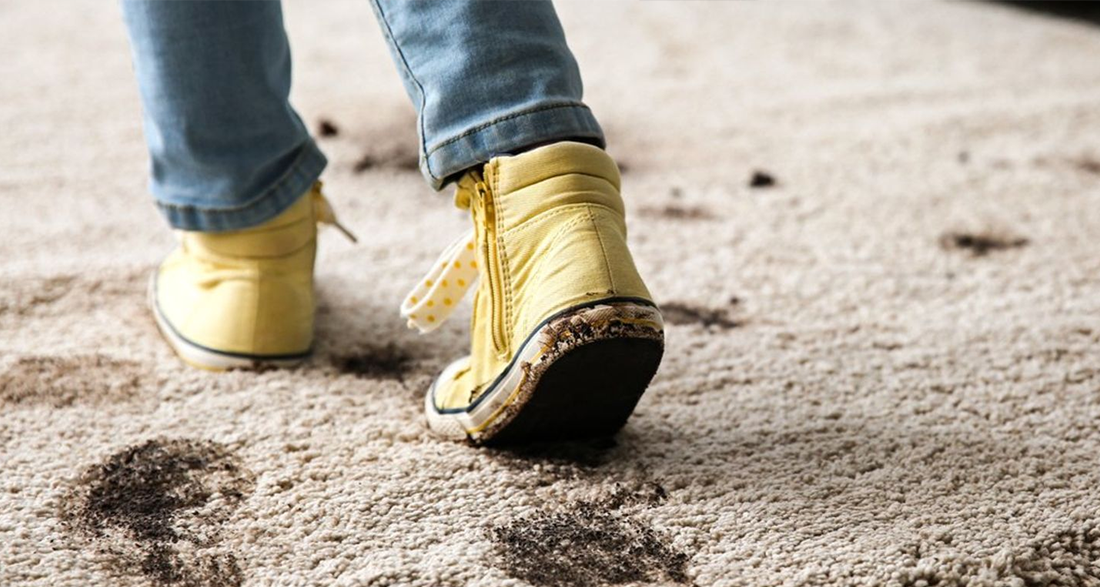Shoes in the apartment: Hospitality or no-go? Opinions vary, but science has a clear answer.
Some permit it, others do not: wearing shoes indoors. It’s not uncommon to debate whether guests should be asked to remove their shoes before entering the apartment—or if they can keep them on. Whether visiting others or in one’s own home, what sticks to shoe soles is often something no one wants tracked indoors.
Reasons for wearing shoes indoors
Reasons for wearing shoes indoors vary widely. They range from convenience when quickly stepping outside, to after-party cleanups, or sparing guests any embarrassment from foot odors.
The type of residence also plays a role—houses usually have separate entry areas where shoes can be removed and stored, unlike many apartments where space is limited. There are also moments when the appearance collapses if shoes must be removed, leading shoes into private spaces.
The dirty truth: It’s on the soles
Advocates often argue that health risks from street shoes indoors are minimal, emphasizing regular cleaning and good hygiene over leaving shoes at the door. However, from a scientific standpoint, removing shoes before entering the house makes sense because shoe soles can be a major source of bacteria.
A study from the University of Houston found that 40% of shoe soles carry the bacterium Clostridium difficile (C. difficile), one of the most common hospital-acquired germs. Prolonged use of antibiotics can severely damage the intestines and potentially lead to death.
Beyond C. difficile, shoes also carry many other germs. Microbiologist Charles Gerba from the University of Arizona found that an average shoe exterior harbors about 421,000 units of bacteria, including many coliform bacteria commonly found in fecal matter, detected on 96% of shoes.
Preparedness: Avoiding disputes with friends
Whether wearing shoes inside your own home is allowed or not is ultimately a personal decision, as is accepting the extra cleaning effort. However, when visiting others, it’s essential to respect their house rules. This not only shows consideration for the hosts but also contributes to cleanliness and hygiene.
If shoes remain on, experts suggest intentionally wiping shoes on the doormat can significantly reduce floor contamination. Thinking ahead, having a pair of stylish slippers handy might be practical—for the look, just in case! For those who prefer not to go barefoot, asking for house slippers is another option.

